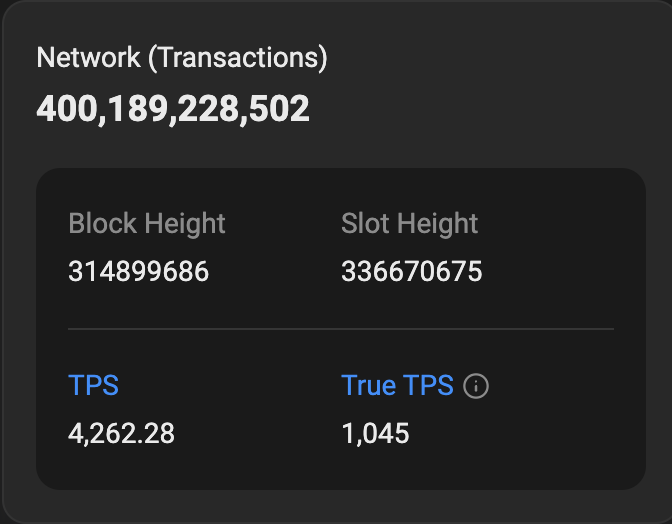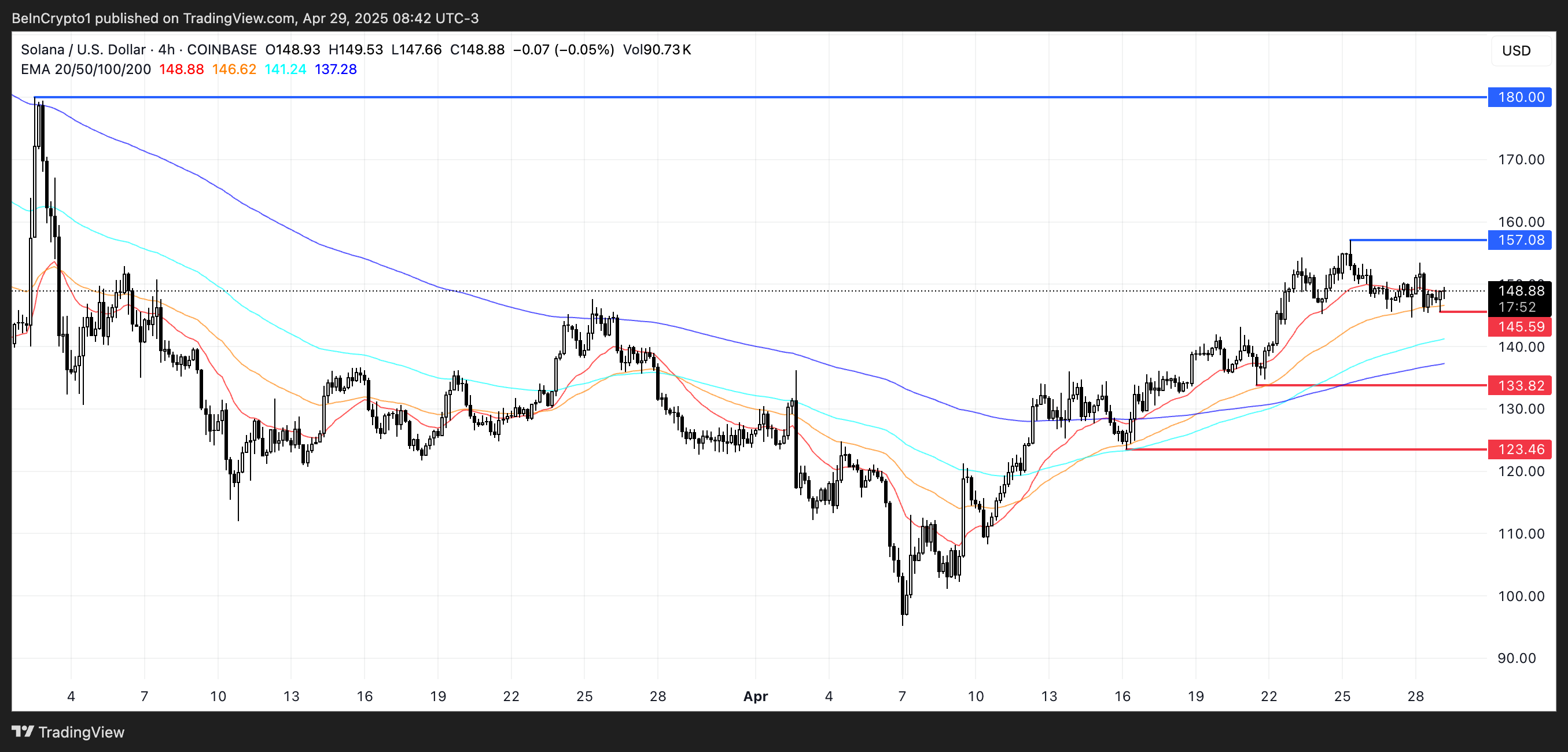Japan’s government bond market faces its worst liquidity crisis since the 2008 financial meltdown. This has prompted fears of a broader economic contagion that could ripple into global crypto markets.
Analysts are sounding the alarm as bond yields surge and long-standing financial structures unravel.
Japan’s Bond Market Crisis Sparks Global Contagion Fears
In just 45 days, Japan’s 30-year government bond yield has surged 100 basis points (bps) to a record 3.20%. Meanwhile, the 40-year bond, previously seen as a “safe” investment, has shed more than 20% in value, with over $500 billion in market losses.
According to analyst Financelot, liquidity in the bond market has also deteriorated to levels last seen during the Lehman Brothers collapse, suggesting a potential impending financial crisis.
“Japan’s bond market liquidity has dropped to 2008 Lehman crisis levels. Are we about to experience another financial crisis?” wrote Financelot on X (Twitter).
The crisis traces back to the Bank of Japan’s (BOJ) recent policy pivot. After years of aggressive bond-buying, the BOJ abruptly pulled back, flooding the market with supply and driving yields higher.
The central bank still holds $4.1 trillion in government bonds, 52% of the total outstanding. With this, its grip on the market has distorted pricing and investor expectations.
Japan’s total debt has ballooned to $7.8 trillion, pushing its debt-to-GDP ratio to a record 260%, more than double that of the US.
The fallout has been swift. Japan’s real GDP contracted 0.7% in Q1 2025, more than double the expected 0.3% drop.
Meanwhile, CPI inflation accelerated to 3.6% in April. Real wages, however, plunged 2.1% year-over-year (YoY), intensifying fears of stagflation.
“Japan needs a major restructuring,” warned The Kobeissi Letter, highlighting the fragility of the nation’s economic model.
Bitcoin Emerges as a Safe Haven Amid Yen Carry Trade Unwind
As global investors digest these warning signs, attention is turning to the crypto markets, specifically Bitcoin. The pioneer crypto is progressively presenting as a potential refuge from bond market volatility.
The yen carry trade, a strategy in which investors borrow low-yielding yen to invest in higher-yielding assets abroad, is now under threat.
According to Wolf Street, surging Japanese yields and a weakening economy are squeezing these highly leveraged positions.
“The huge mess is coming home to roost,” the outlet wrote, noting that the unwind of this trade could trigger a global risk-off event.
That shift is already visible. As yields rise in Japan and the UK, demand for Bitcoin has soared in both regions.
“Is it a coincidence that the UK and Japan are seeing huge demand for bitcoin exposure?” analyst James Van Straten posed.
The analyst referenced the 30-year UK gilt yield nearing a 27-year high.
Meanwhile, Cauê Oliveira, Head of Research at BlockTrendsBR, also noted a growing positive correlation between bond volatility and Bitcoin flows, with Bitwise’s European Head of Research, Andre Dragosche, agreeing.
“A lot of big players [are] rotating from bonds to BTC,” Oliveira noted.

BeInCrypto data shows Bitcoin was trading for $109,632 as of this writing, down 0.17% in the last 24 hours.
Still, Bitcoin’s role comes with its own risk. BeInCrypto reported a recent analysis of the yen carry trade, warning that disorderly unwinds could pressure crypto assets alongside traditional markets. This is especially true if a global flight to safety prompts USD strength and capital outflows from risk assets.
Yet, in the long term, Japan’s debt crisis may strengthen Bitcoin’s case as a hedge against monetary instability. As traditional “safe” assets like long-dated sovereign bonds falter, institutions increasingly consider digital assets viable alternatives.
The post Japan’s Liquidity Crisis Sparks Global Risk Fears and Bitcoin Rotation appeared first on BeInCrypto.







